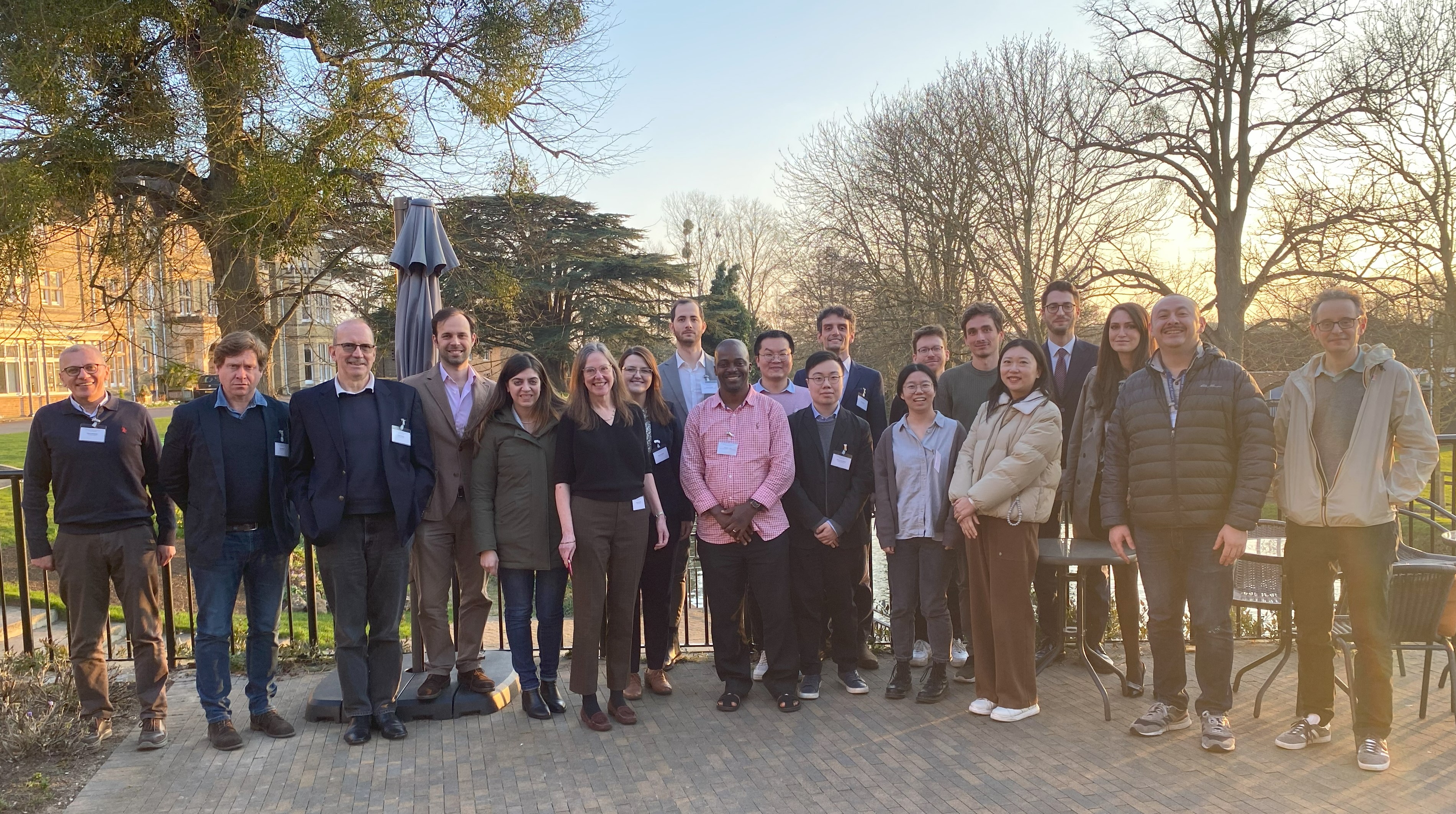
Left to right: Beniamin, Mollan, Billings, Pala, Astore, Schenk, Schneider, Castelli, Taiwo, Fang, Wong, Molteni, Tang, Faudot, Dietrich, Zhang, Perrella, Di Luigi, Bautista-Gonzalez, Mehl
On Wednesday 26th March 2025, the GloCoBank project was delighted to host an early career scholars workshop on the history and evolution of cross-border payment systems. The workshop preceded the Project’s international conference, which took place on the following days, with both events seeking to bring together researchers working on cross-border payments systems in a range of historical contexts to further stimulate debate.
Divided into three sessions, the pre-conference workshop for early career researchers and doctoral students showcased the breadth of innovation and interests represented by the next generation of scholars in economic and financial history. After a welcome from the Project's PI, Professor Catherine Schenk, the sessions focused on various aspects of the history of international payments.
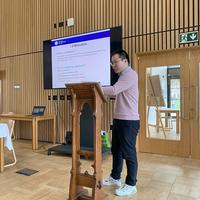
Boyu Fang
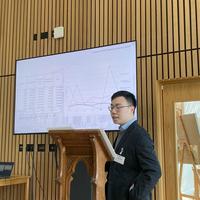
Brian Tsz Ho Wong
The first session hosted two presentations on Asian payments. Boyu Fang (Carlos III University of Madrid) presented a paper on Chinese remittances ca. 1915–2000. Using a dataset of 50,000 scanned copies of Teochew Letters, a combination of home letters and remittance orders, Boyu Fang showed how local social networks and practices for the communities dispersed in the host countries affected the reasons behind remittance sending and its strength. The second speaker was Brian Tsz Ho Wong (University of Edinburgh), who presented an account of the impact of the expansionary fiscal monetary policy of the Japanese government to support its war expenditures during the Japanese Pacific War. Using Hong Kong as a case study, he illustrated how its role as a de facto currency exchange hub within the Japanese empire, combined with the permeability between colonial and Japanese currencies, ultimately contributed to the collapse of the yen bloc.
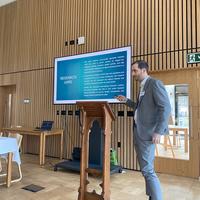
Federico Castelli

Olatunde Taiwo
The second session opened with a presentation by Federico Castelli (University of Toulouse/University of Milan), who presented a case on the Banca Commerciale Italiana (BCI) operations in the United States during the financially turbulent period of 1935–41. Focusing on its New York Trust, and using new archival materials, it reveals how the Trust in New York evolved into a key correspondent bank for BCI’s South American affiliates and navigated the difficulties of Fascist monetary policy. This presentation was followed by the work of Olatunde Taiwo (Olabisi Onabanjo University/University of Ghana) who presented a complex study of the evolution of national and foreign banking alliances and formal collaborations in colonial Nigeria (1912–1960). The attendees were intrigued by the account of the evolution of banking arrangements under colonial influence in Nigeria, and how Nigerian bank executives negotiated their position against external mutating conditions.
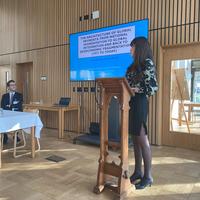
R-l: Cristina Di Luigi, Antonio Perrella
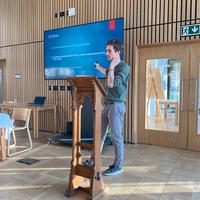
Marcus Dietrich
The first presentation in the third session was by Cristina Di Luigi (Banca d'Italia/University of Oxford) and Antonio Perrella (Banca d’Italia/Sapienza University of Rome) who took an overview of the evolution of Financial Market Infrastructures (FMIs) towards global integration from 1971, with a survey of recent “geoeconomic” fragmentations. They discussed through clever categorisation how technology, policy, and geopolitics have shaped cross-border payments since 1971. Adopting a Europe–US comparative lens, they offered a timely analysis of how FMIs are changing amid growing multipolar financial forces. The closing presentation for this session by Marcus Dietrich (Heidelberg Center for American Studies) brought forth a fascinating and often overlooked bit of financial history. Focusing on East German banks during an important phase of the Cold War-era, roughly from the late 1950s until the 1960s, his research reveals how international finance and communist institutions engaged with each other. Using new archival evidence, he challenged acritical notions of communist autarky and showed how correspondent banking enacted through “friendly” western banks (in Italy and France, for example) integrated Eastern block banks into the growing international dollar-based monetary system.
At the end of the day, the speakers continued discussion of their research and its connections with the project’s work over dinner.
The workshop provided an excellent forum for debate and new insights and was a wonderful start to the three days, opening up discussion on key themes which were revisited during the conference (read conference report here), which workshop speakers also participated in. The project is grateful to all of the speakers for their unique inputs and perspectives.
Download workshop programme
Report authors: Giovanni Pala, Akram Beniamin, Claire Phillips